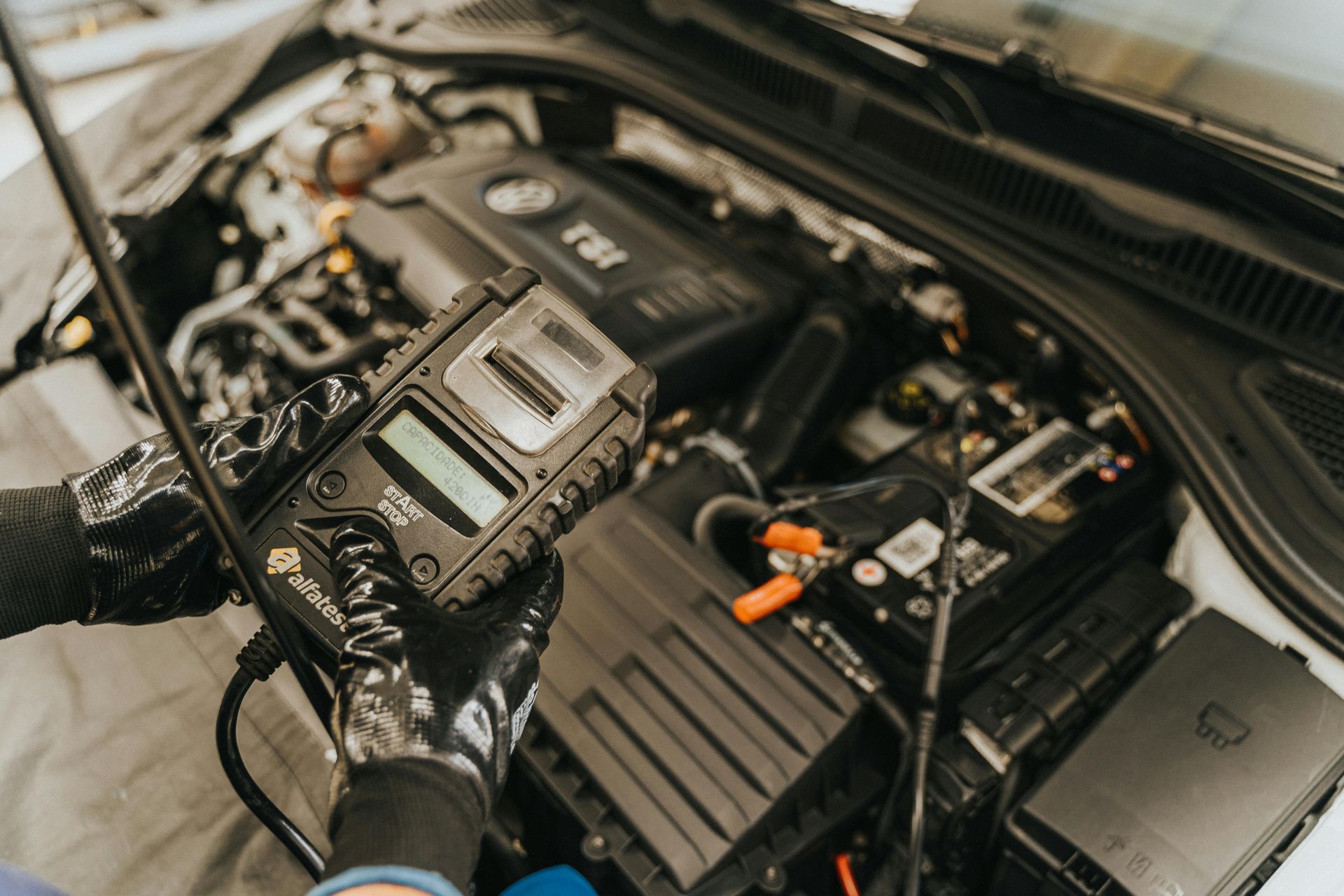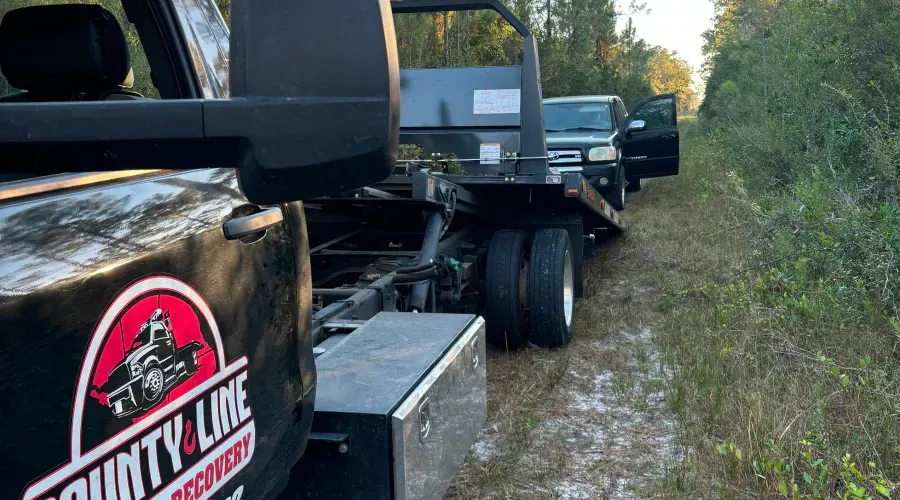Reliable Solutions for Your Automotive Battery in Port St. Joe, Indian Pass, Cape San Blas, FL, and the surrounding areas
Secure Automotive Battery Services in Port St. Joe, Indian Pass, Mexico Beach, Cape San Blas, Wewahitchka, FL, and the surrounding areas.
When your car battery fails you in Port St. Joe, you need a quick and reliable solution. County Line Towing & Recovery is here to provide you with top-notch automotive battery services. Whether you're in the bustling streets of Port St. Joe or the serene areas of Mexico Beach, our team is ready to assist you. You’ll appreciate the swift response and the expertise of our technicians, who arrive equipped with the tools needed to get you back on the road. From jump-starts to complete battery replacements, we handle it all with precision and care.
Our services are designed to meet the needs of every vehicle owner in Port St. Joe. We understand the importance of a fully functioning battery, especially in the unpredictable weather conditions of Florida. With County Line Towing & Recovery, you can expect a thorough diagnostic and a clear explanation of your battery’s condition. Our commitment to quality ensures that you receive the best service possible, whether it's a simple jump-start or a full battery replacement.
Call us today to ensure your vehicle is ready to go whenever you are.
What’s Included in This Service
Batteries You Can Trust Quick and Fast
Our automotive battery services are comprehensive, ensuring your vehicle operates smoothly. We prioritize quick response times and expert service to minimize your downtime. Here’s what you can expect when you choose our services:
Thorough battery diagnostics
Prompt jump-start services
Complete battery replacement with top-quality brands
Corrosion cleaning and prevention
Battery terminal maintenance using specialized tools
Secure your peace of mind by contacting us for all your battery needs.


We Can Help With That!
1. Age and Natural Wear - Average lifespan: Most car batteries last 3–5 years depending on climate and usage.
Over time, the lead plates inside corrode and lose their ability to hold a charge.
The electrolyte (battery acid) can evaporate or degrade.
2. Extreme Temperatures - Heat: High temperatures accelerate chemical reactions inside the battery, which can cause internal corrosion and water loss in the electrolyte.
Cold: Low temperatures slow chemical activity and reduce the battery’s cranking power, making it harder to start the engine.
3. Corrosion and Loose Connections - Corrosion builds up on battery terminals, increasing electrical resistance and making it harder for current to flow.
Loose or dirty cable connections can mimic the symptoms of a failing battery.
4. Parasitic Drains - Small electrical drains from systems like alarms, interior lights, or malfunctioning electronics can slowly discharge a battery overnight.
If the alternator isn’t charging properly, the battery will deplete faster.
5. Frequent Short Trips - Short drives don’t give the alternator enough time to fully recharge the battery after starting the car.
Over time, this leads to a “surface charge” condition where the battery seems okay but has very little reserve capacity.
6. Overcharging or Undercharging - Overcharging (often due to a faulty voltage regulator) boils off electrolyte and damages the plates.
Undercharging allows lead sulfate crystals to build up (sulfation), reducing capacity.
7. Deep Discharge - Letting a battery fully drain too often weakens it permanently. Sulfation becomes severe after full discharges, making it difficult to recharge.
8. Vibration and Physical Damage - Excessive vibration (from poor mounting or rough driving) can shake the battery’s internal components loose. Physical cracks from accidents or impacts can cause acid leaks and failure.
Why Batteries Fail
Tip for prevention
- Keep terminals clean and connections tight.
- Test the battery and charging system regularly.
- Park in shade during hot weather, and consider a battery warmer in very cold climates.
- Avoid leaving electronics running when the engine is off.
